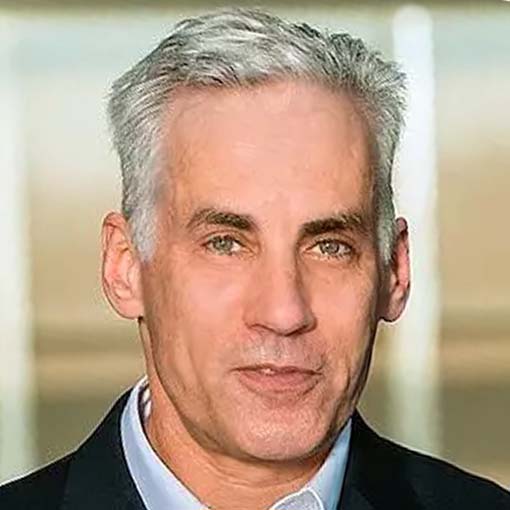Anne-Marie Martin
SVP & Global Head, Experimental Medicine Unit, Oncology R&D, GSK
Anne-Marie Martin is the SVP and Global Head of the Experimental Medicine Unit in Oncology R&D at GlaxoSmithKline. In this role, Annie leads a global team responsible for the precision medicine strategy to deliver all translational research, clinical biomarkers and diagnostic development into pipeline opportunities. In close collaboration with the development organization, Annie plays a vital role in utilizing a personalized medicine approach to expedite the development of innovative therapeutics for treating various oncologic and hematologic indications.
Prior to joining GSK, Annie was the SVP, Global Head of Precision Medicine at Novartis Pharmaceuticals, where she was responsible for the development, implementation and execution of the Precision Medicine Strategy supporting all clinical development, registration and commercialization. While at Novartis, Annie shared in the successful delivery of 10 NDA/sNDAs across the pipeline and she led the development and successful approval of companion diagnostics in support of 6 clinical assets including midostaurin for Flt3 mutated AML, the first BRAF NGS assay for tafinlar and mekinist in NSCLC, ceritinib for ALK mutated NSCLC, capmatinib for MET mutated NSCLC, alpelisib for PIK3CA mutated breast cancer and BCR-ABL monitoring of major molecular response for Tasigna in CML.
Annie has over 20 years of experience in the health care sector. After graduating with a PhD in Immunology and Molecular Biology from Hahnemann University (now Drexel University) she continued with her postdoctoral training at the University of Pennsylvania. During her time at the University of Pennsylvania, Annie received funding from the Susan G. Komen Foundation, the Leiomyosarcoma Foundation, Fibro-ossificans Progressiva Foundation and the NIH through a SPORE grant. In 2001, Annie assumed the role of Director of Molecular Diagnostics and Immunohistochemistry at Pennsylvania Hospital/UPHS whilst maintaining an adjunct faculty position in the Departments of Haematology and Oncology and Orthopaedic Surgery at UPENN.
In 2005 Annie joined GlaxoSmithKline. While at GSK, she assumed increasing responsibility culminating in the role of Global Head, Precision Medicine and Diagnostics and the Head of Molecular MedicineFrom 2014-2015 Annie led the transition and integration of her team’s work to Novartis. At the completion of the integration she assumed the role of VP, Head of Biomarker Research and Diagnostic Development, Adaptimmune LLC.
Annie currently serves on the Cullinan Board and she is a member of the board of the Personalized Medicine Coalition and of the Executive Committees governing the Blood Profiling Atlas in Cancer (BLOODPAC) Consortium and the FNIH PACT initiative. Annie has over 50 publications in peer-reviewed journals.









